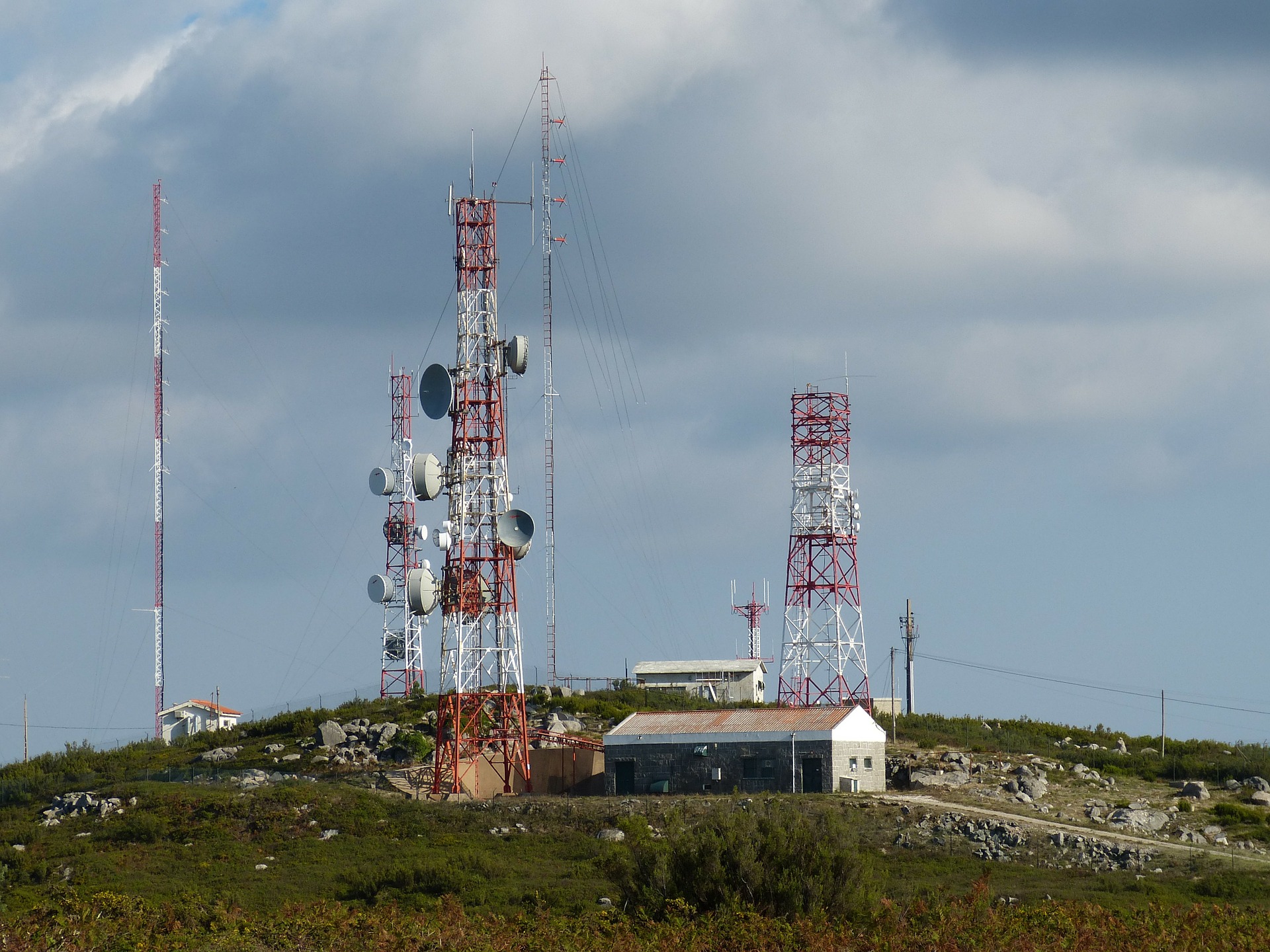FCC to Tackle Filing Issue Related to EEO
WASHINGTON--When it gets back to work after the government shutdown, the Federal Communications Commission will have a fair amount of work on its plate — including a formal vote on equal employment opportunity enforcement, which one nonprofit organization is hoping will bring about changes that it says are 14 years overdue.
The president emeritus of the Multicultural Media, Telecom and Internet Council (MMTC) asked FCC Commissioners Brendan Carr and Jessica Rosenworcel to consider additional steps beyond the FCC’s planned housekeeping vote on EEO in order to better address diversity and employment issues at broadcast stations via a series of phone calls in early January.
It was nearly a year ago that the FCC announced a Notice of Proposed Rulemaking (another piece of its ongoing media modernization efforts) that would eliminate the need for TV and radio stations to submit a mid-term report detailing their EEO practices.
The subsequent Report and Order, known as the EEO Mid-Term Report (part of Media Bureau Docket No. 18-23), would eliminate a station’s need to submit a so-called mid-term Form 397 because details about a broadcaster’s EEO compliance are now part of the FCC’s Online Public Inspection File.
But during phone calls with Commissioners Carr and Rosenworcel in early January, the MMTC’s David Honig said he reiterated to the commissioners the MMTC’s concerns about the FCC’s EEO efforts — specifically regarding the long-standing means by which racial and gender discrimination in broadcasting occur: word-of-mouth recruiting.
While the commission does discourage word-of-mouth recruiting, Honig said, the FCC has not taken enough steps to address cronyism, which “is the primary reason why key sectors of the broadcast industry remain largely closed to people of color and, often, to all but a handful of women,” he said in ex parte letters to the commission.
Honig urges the commission to use certain racial and gender data to identify stations which recruit primarily by word of mouth and require them to submit more information as part of a station’s Annual Employment Report. If not, sanctions may be in order, Honig said.
The professional video industry's #1 source for news, trends and product and tech information. Sign up below.
“This two-step method — first identifying those stations that recruit primarily by [word of mouth] and then having those stations submit a Form 395 in camera (in private) — will allow the commission to find and bring to justice those broadcasters that inherently discriminate, thereby fulfilling the purpose of the EEO rule,” Honig wrote.
But in its Report and Order, the FCC noted that MMTC and its filers were seeking “far-reaching substantive changes to the commission’s EEO rules, whereas this NPRM is only concerned with improvements to EEO compliance and enforcement.” As a result, the commission did not address the groups’ proposed broader changes in the item.
The commission did note, however, that it has demonstrated its commitment to EEO enforcement by the relocation of EEO enforcement staff and responsibilities to the Enforcement Bureau, as the EEO supporters suggested.
But Honig expressed concern that the commission has repeatedly avoided opportunities to address key issues impacting EEO hiring.
“[These] proposals, in only slightly different form, have been pending since 2004 [yet] the agency has repeatedly avoided opportunities to address them,” he said. “The NPRM presented members of the public with their first opportunity, in 14 years, to respond to what appeared to be a genuine indication from the commission that it intended to seriously consider the proposals at last.”
The right steps from here, Honig said, would be to put the proposals out for further comment on any specific issues that the commission feels would benefit from additional evidence or argument.
“Fifteen years have elapsed since these proposals were first lodged, and during that time minorities and women in broadcasting have had no protection against ‘cronyism,’” Honig said. Race and gender discrimination in employment is just as top-line an issue as intercarrier comp, undersea cables or retransmission consent.”
He suggested that the commission undertake to complete the proceeding no later than July 2019.
Susan Ashworth is the former editor of TV Technology. In addition to her work covering the broadcast television industry, she has served as editor of two housing finance magazines and written about topics as varied as education, radio, chess, music and sports. Outside of her life as a writer, she recently served as president of a local nonprofit organization supporting girls in baseball.

